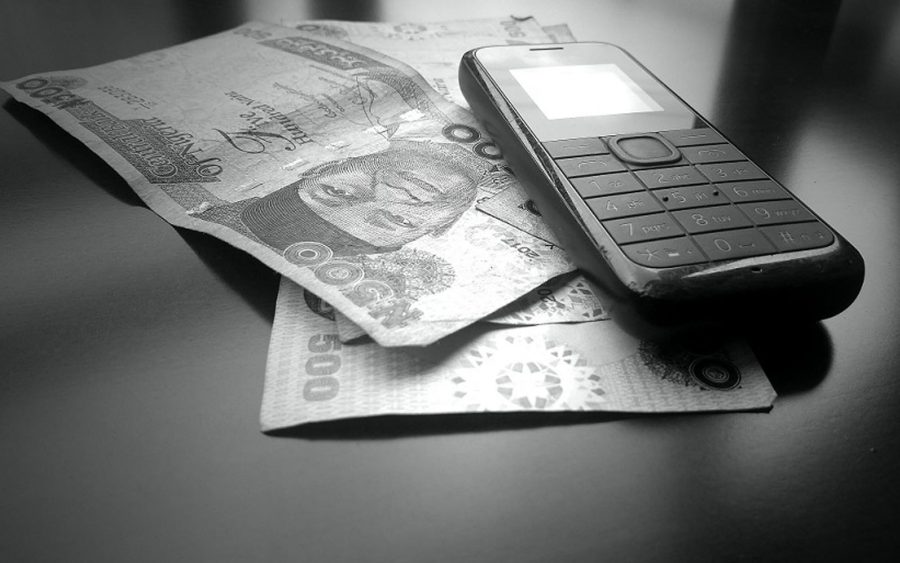Introduction
The financial inclusion narrative has become an old horse. Anytime I hear the phrase now, I just see it as hand-waving – using the right words to get the attention of potential investors. Far be it from me to invest in a company based on buzzwords. Maybe some entrepreneurs are truly looking at solving this challenge about financial inclusion, but in my perspective, very little has been achieved. By that, I am not suggesting that it is an easy problem to tackle.
I heard an interesting perspective from a Lagos Business School faculty (I can’t remember her name), and I completely agree with her. She argued that financial inclusion does not stop at creating bank accounts for people who do not have them (this appears to be the strategy of the Central Bank of Nigeria), it is more about following their transactions. Simply put, what they do with money, or how they interact with money. If I truly understand how a financially excluded person interacts with money, then I can create a perfect system for him to be included.
I cannot stress this enough, the answer is not in a mobile app – at least not now. Claims regarding smartphone penetration can be misleading. Though smartphone penetration has been on a rise, the quality of smartphones “penetrating” has been shrouded in secrecy, or analysts just don’t care about that information.
Anyway, I am here to inform you that low-quality smartphones are largely used among most smartphone users. Check your drivers’ phones, Mama Nkechi that sells at a kiosk down your street, the cleaner at your office, etc. I can assure you that most of these people use lower grade smartphones. I mean, they hold smartphones good enough for Gmail (because they are android), Whatsapp, Facebook and maybe Insta (depending on the age and vanity level of the owner). Outside these apps, the phones will struggle to get other apps installed, simply because their memory sizes are typically less than 1 gigabyte. Hence, the “financial inclusion” app has no space on the phone.
The truth is that great quality smartphones are not cheap. A fairly good smartphone costs over fifty thousand naira, which is almost 3x Nigeria’s minimum wage. Of the employed population in Nigeria, majority earn less than that amount every month.
The Problem
This section should have been titled “My Problem” but God forbid! I don’t have any problem. The article has been long coming, but the event over the weekend further fueled the rage in me to write this.
About 2 years ago, I missed my flight (for the first time). It was a 7am flight to Abuja. Because of the unique location of my house, Uber and Taxify drivers don’t like to come. Even if I find a willing driver, I will have to describe my house to him, as following the in-app map is misleading. Because of these factors, I typically don’t use these apps when I am in a hurry.
I arranged with my trusted taxi driver to pick me up early from my house (like I typically do). Unfortunately for both of us, we overslept. By the time I woke up, it was past 6am. I jumped out. Thankfully, I had packed my bag the previous night. I got to the nearest taxi park and boarded the available taxi. I didn’t have cash, so I asked the driver to give me his account number. To my surprise, he didn’t have one. I was shocked to my bones. Thankfully, we had not left the park, so I suggested that he should ask his other colleagues (about 5 of them) if one of them could give me his account number. I almost fainted to discover that none of these grown-up men had a bank account.
I am sure you know the rest of the story, I missed my flight because I had to get to the ATM before embarking on my journey to the airport.
The event over the weekend spurred me to action.
A certain woman cleans my house every Saturday, and I ( meaning my wife ) pay her every time she does. Unfortunately, madam went out early in the morning and my house-cleaner showed up. She did her work as usual. Upon completion of her tasks, she asked me for money. I was taken aback. Anyway, her money is not my problem, so I naively asked for her account number. You guessed right, she didn’t have one. I told her to call her madam, since I could not help her.
The Contemplation
These events got me thinking. While ‘Impact Investors’ want startups to help the rural woman, these startups have not figured out how to include city dwellers financially. I have been thinking, how do we solve this problem?
I guess the key question to ask is why these older city dwellers are not financially included, despite having access to the banks. The answer to this question will sure direct us on the best route to solving this problem.
While startups brag on Twitter about how they are transforming lives across Nigeria, financially excluded people are saying, “You guys don’t understand us.” While they brag about the number of users they have and the volume of downloads of their apps, their target customers still wonder who the solution is for.
The truth is that, you cant solve the problem of financial inclusion without understanding the people who will use the product. If startups invest in knowing these customers, I am sure the solutions we’ll be seeing will be different.
My biggest challenge though is: if we are yet to figure out financially including the urban poor, how do we think we can reach the rural poor?
Happy Entrepreneuring
